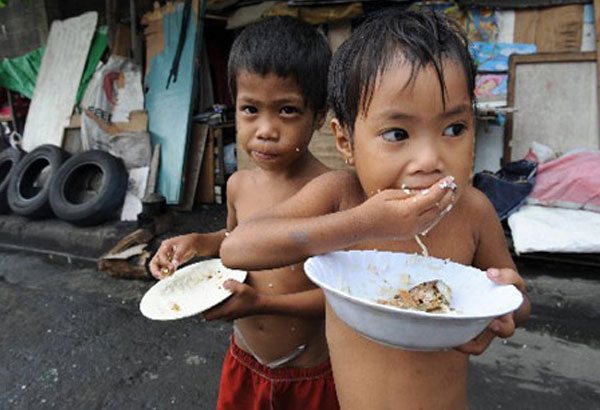UNICEF, KOICA stress gov’t role in sustaining, expanding campaign vs malnutrition
SPONSORED ARTICLES
The United Nations Children’s Fund (UNICEF) and the Korea International Cooperation Agency (KOICA) on Wednesday announced the completion of a program that sought to address malnutrition in the country.
The organizations partnered to provide a four-year grant to this program carried out in selected municipalities in the country.
During the culmination of the “Integrated Nutrition and Health Actions for the First 1,000 Days” program in Taguig City, they underscored the role of the government in sustaining and expanding this campaign.
They also shared remarkable achievements which include the completion of new national policies and legislation, the various lessons learned, and stories from some of the project beneficiaries.
“As a donor, the Korean government is very concerned about sustainability,” Embassy of the Republic of Korea in the Philippines Consul General Kyooho Lee said during the
“We can spend a whole the $7 million (US dollars) to feed more infants and children but to make the situation sustainable, we need to also enhance the capacity of the local government to constantly focus on addressing the malnutrition of children in their district,” he continued.
Lee said the national government plays a significant role in this campaign as it institutionalizes policies and channels funds.
UNICEF Philippines Communication Officer Marge Francia shared a similar view.
“And it’s now time to like maybe sell it to the government and say this is doable with this amount of funds and with this kind of work that the LGUs (local government unit) and international agencies can go through,” Francia said.
“We are hoping that health and nutrition authorities can really look at the lessons learned from this program and replicate it to all of the other LGUs,” she added.
“Integrated Nutrition and Health Actions for the First 1,000 Days” is a program that sought to reduce the prevalence of stunting in 19 municipalities of Samar, Northern Samar, and Zamboanga del Norte.
Through projects involving health, nutrition, sanitation and livelihood, the three provinces reported a 0.2% reduction in the prevalence of stunting and an improvement in the children’s minimum acceptable diet.
UNICEF reported that 4.2 million Filipino children under five are stunted, while 95 Filipino children die every day due to malnutrition.
UNICEF, KOICA stress gov’t role in sustaining, expanding campaign vs malnutrition
Source: Political Elections PH

Walang komento